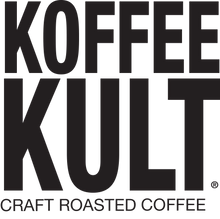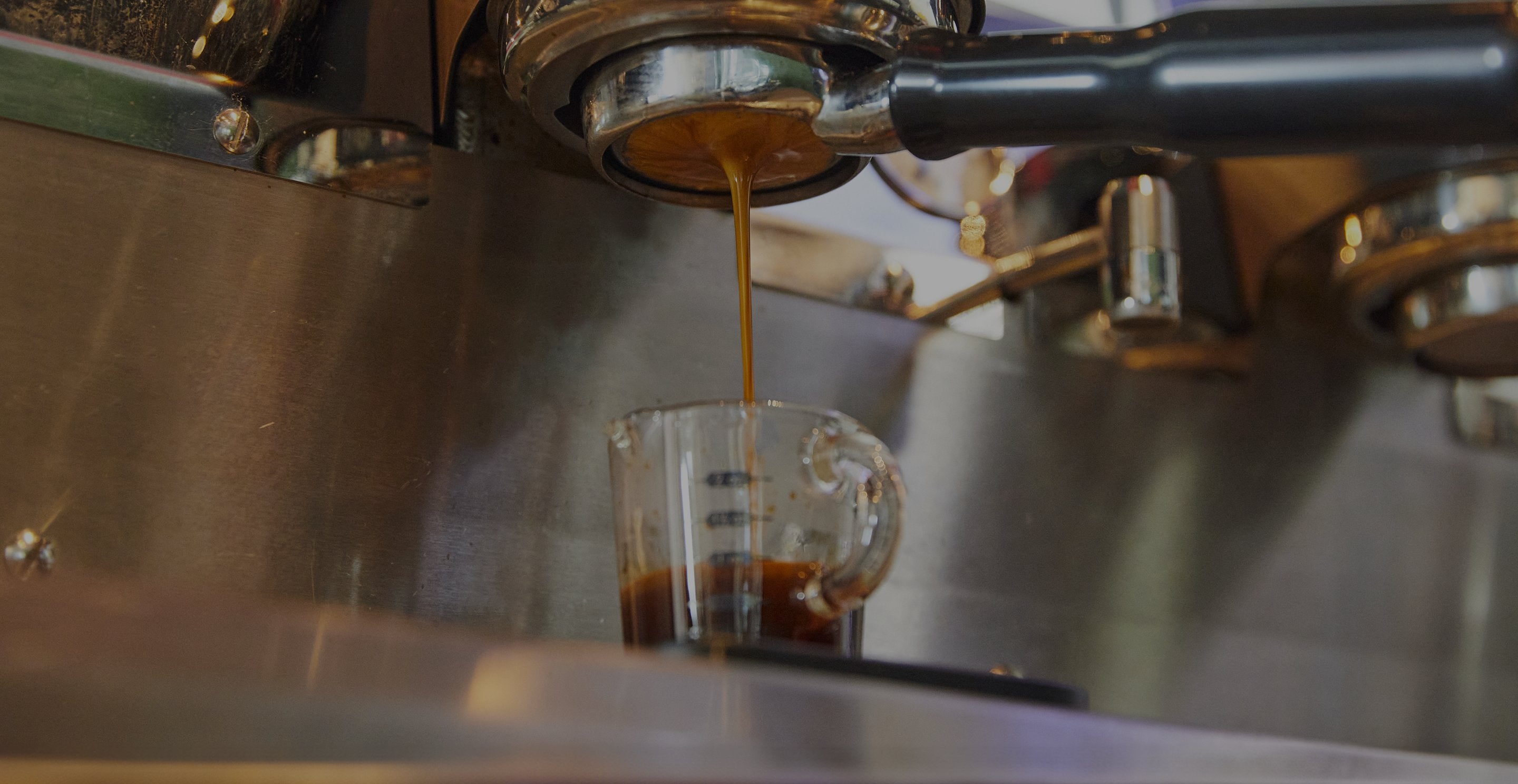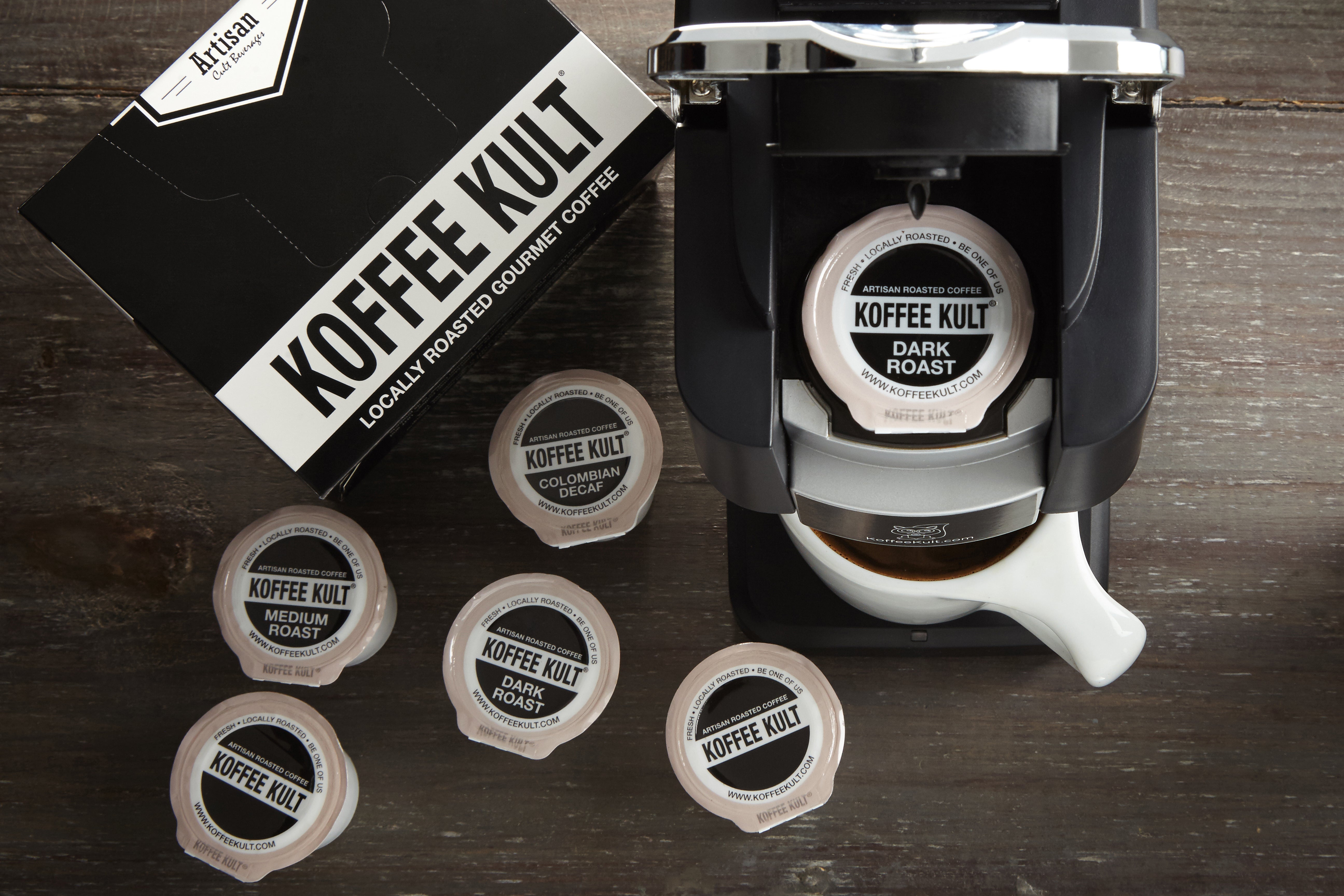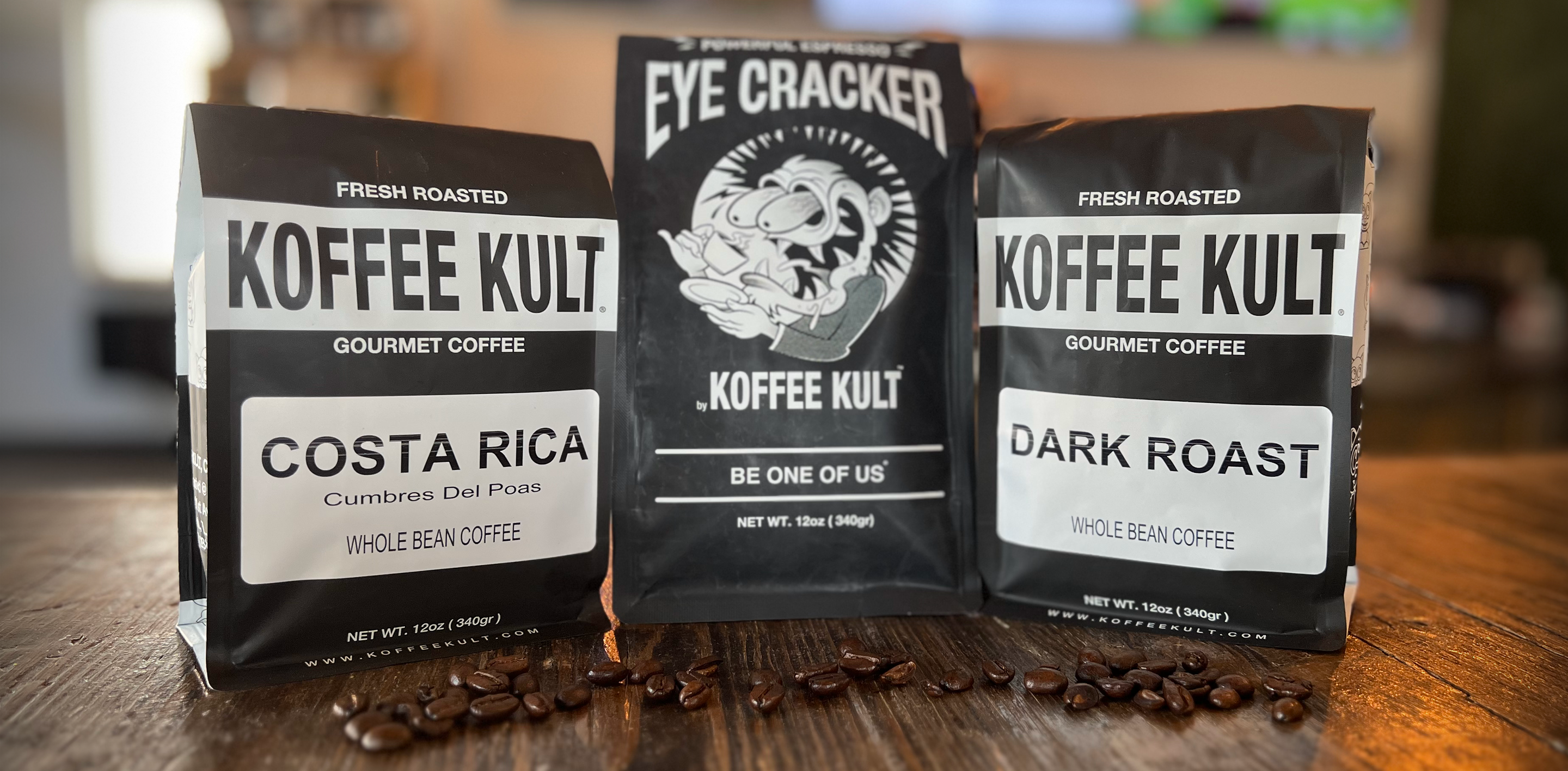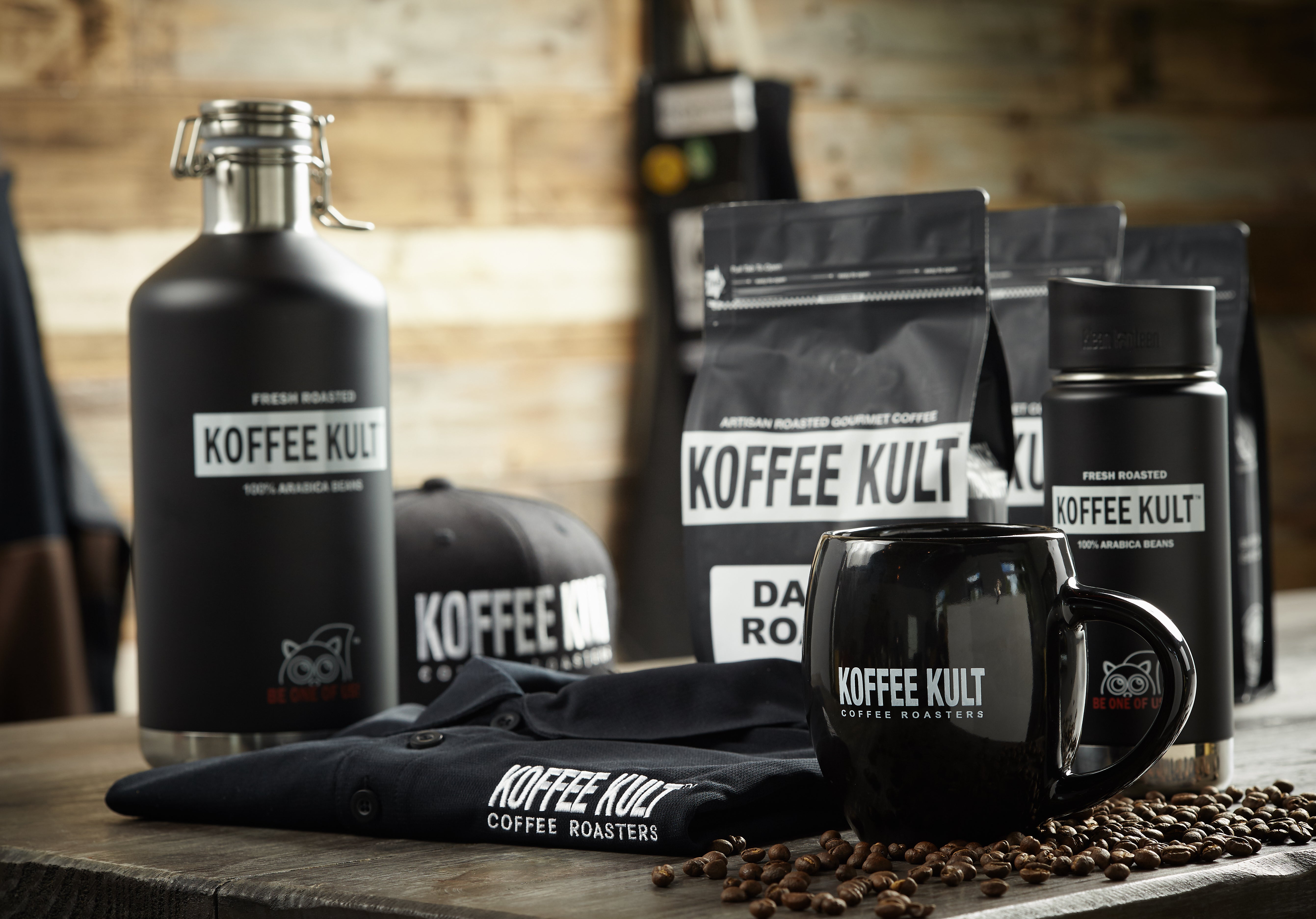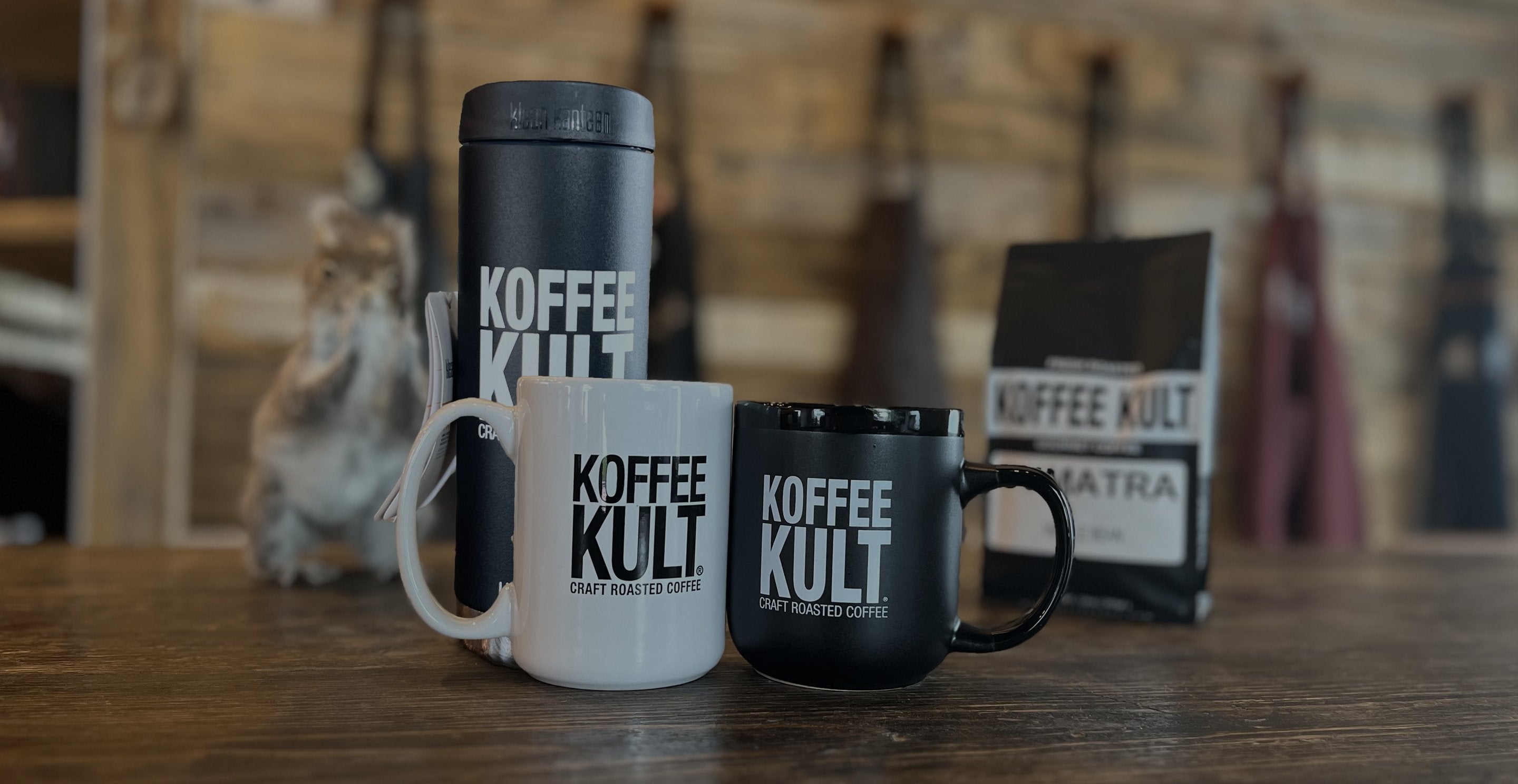Coffee is among the most consumed drinks around the world and the search for high quality coffee beans has never been more prominent. However; the changing tides of the social climate have resulted in a demand for equality and social conciousness. As a result, the production of fair trade coffee has become a foundational component of coffee processing and sale. Developing and comitting to fair-trade carries with it a powerful story of empowerment, economic justice, and environmental stewardship, and that kind of investment often manifests better quality coffee.
If you're not familiar, fair trade is a global movement that strives to address social and economic injustices within the conventional trade system. By promoting fair prices, safe working conditions, and sustainable practices, fair trade aims to create better opportunities for small-scale farmers. Coffee farming can be a risky endeavor for workers, especially those in developing countries, and many of them tend to struggle financially. And with demand being extremly high, fair trade is a great way to ensure that the farmers are being paid justly for the value they bring to the industry. It's not only the right thing to do, but it creates sustabibility for them farmers who can, not only keep up with demand, but maintain high quality coffee in their fields.
The coffee industry simply cannot exist without farmers from around the world who can grow vast amounts of coffee every year. Dissolving them from the equation would have massive ramifications. But they need help. Small-scale coffee farmers often face numerous challenges, including volatile market prices, exploitation, and limited access to resources. Fair trade provides stability, enables farmers to invest in their communities, have a secure income, improve their living conditions, invest in education and healthcare, and reduce their vulnerability to poverty.
Fair trade also encourages democratic decision-making and empowers farmers by fostering cooperative structures. Through cooperatives, farmers can collectively negotiate fair prices, access credit, and strengthen their bargaining power in the market. This enables them to have a stronger voice and actively participate in shaping their future.
Beyond the farmers, fair trade also addresses labor conditions within the coffee industry. Workers involved in coffee production, such as pickers and processors, often endure long hours, low wages, and hazardous working conditions. Fair trade standards mandate safe and fair treatment, ensuring that workers receive fair wages, have access to protective gear, and are not subjected to exploitative practices. By choosing fair trade coffee, consumers can contribute to the improvement of labor rights and support the dignity of workers.
The fair trade movement recognizes that the future of coffee relies on sustainable agricultural practices. Many fair trade certified coffees are also organic, grown without the use of harmful chemicals and pesticides. By promoting environmental stewardship, such as encouraging biodiversity, preserving water resources, and minimizing deforestation, fair trade coffee will crucially help preserve fragile ecosystems and protect the livelihoods of future generations.
As consumers, your choices hold immense power. By consciously opting for fair trade coffee, you become agents of change, championing justice and equality. By supporting fair trade, it sends a message to the industry that transparency, ethical practices, and a more equitable world is something of pronounced value. By embracing fair trade principles, we support the livelihoods of coffee farmers, promote ethical labor practices, and contribute to environmental sustainability. Each sip becomes an opportunity to foster equality, empower communities, and build a more just global trade system.
At Koffee Kult, our ethos has always been deeply rooted in supporting coffee farmers and ethically sourcing every bean we buy. Creating sustability is pivotal and we are deeply committed to making sure our space in the coffee world is doing its part to maintaining longevity. We love coffee. We want to see it thrive.
For more information on fair trade coffee, please consult the following:

